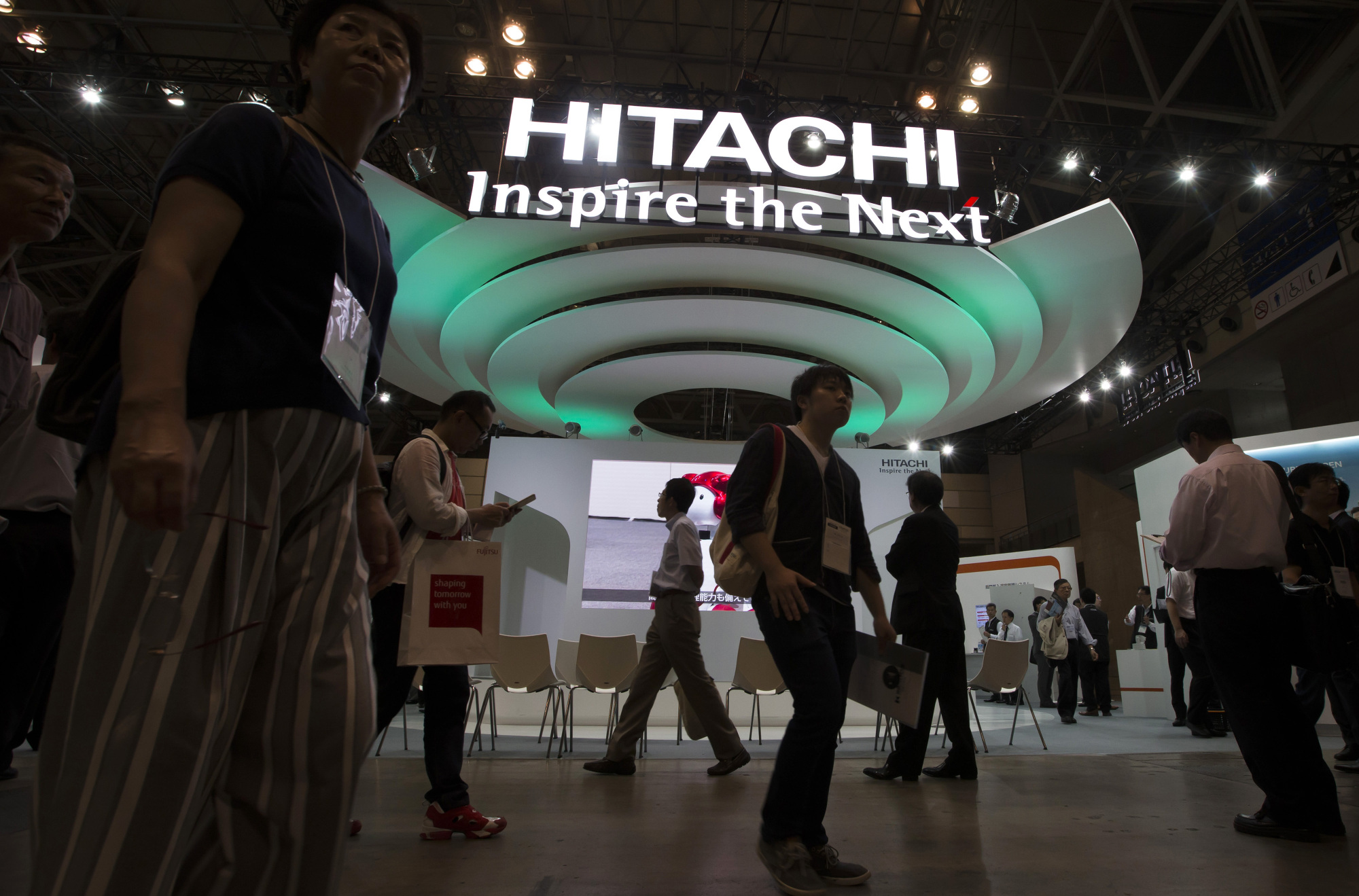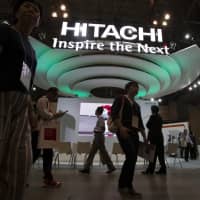Hitachi and General Electric Co. will jointly develop a new type of nuclear power plant with small modular reactors, sources said Monday.
The two companies, longtime partners in the nuclear business, aim to commercialize the reactors, which they hope will be cheaper to produce and safer to run, by the 2030s, the sources said.
With construction of nuclear power plants stalled in Japan following the 2011 Fukushima crisis, Hitachi has been looking to expand its nuclear plant business overseas.
A small modular reactor can be mostly assembled at a plant and brought to a power plant site, cutting time and costs needed for the plant's construction work.
A conventional nuclear plant usually costs about ¥1 trillion ($8.9 billion) to build. Construction in Japan will now cost more after the government raised safety requirements in the wake of the meltdowns at the Fukushima No. 1 power plant triggered by the March 2011 earthquake and tsunami.
Small modular reactors, though offering lower output, are designed to be installed underground to better contain radioactive materials in the event of an accident.
Hitachi has been building boiling water reactors, the same type that melted down at Fukushima No. 1.
The company had been planning to build two reactors in Britain but is currently reviewing the project due to expanding costs, expecting to make a final decision in 2019.




